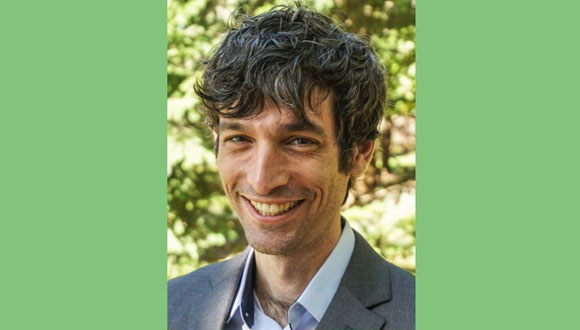While many studies have found a correlation between the use of social media and various symptoms related to mental health, so far, it has been challenging to ascertain whether social media was actually the cause of poor mental health. By applying a novel research method, researchers have now succeeded in establishing such a causality: A study led by researchers from Tel Aviv University, MIT Sloan School of Management and Bocconi University reveals new findings about the negative impact of Facebook on the mental health of American college students.
The study was led by Dr. Roee Levy of the Berglas School of Economics at Tel Aviv University, Prof. Alexey Makarin of MIT Sloan School of Management, and Prof. Luca Braghieri of Bocconi University. The paper is forthcoming in the scientific journal American Economic Review, and was awarded a prize at the 2022 Economic Society European Meeting (ESEM).
“Over the last fifteen years, the mental health trends of adolescents and young adults in the United States have worsened considerably,” says Prof. Braghieri. “Since such worsening in trends coincided with the rise of social media, it seemed plausible to speculate that the two phenomena might be related.”
The study was based on data that dates back to the 2004 advent of Facebook at Harvard University, before it took the internet by storm. Facebook was initially accessible only to Harvard students who had a Harvard email address. Quickly spreading to other colleges in and outside the US, the network was made available to the general public in the US and beyond in September 2006. The researchers were able to analyze the impact of social media use by comparing colleges that had access to the platform to colleges that did not. The findings show a rise in the number of students reporting severe depression and anxiety (7% and 20% respectively).
“We hypothesized that unfavorable social comparisons could explain the effects we found, and that students more susceptible to such comparisons were more likely to suffer negative effects.”
Here Comes Trouble
The study combined information from two different datasets: the specific dates on which Facebook was introduced at 775 American colleges, and the National College Health Assessment (NCHA), a survey conducted periodically at American colleges.
The researchers built an index based on 15 relevant questions in the NCHA, in which students were asked about their mental health in the past year. They found a statistically significant worsening in mental health symptoms, especially depression and anxiety, after the arrival of Facebook:
- 7% increase in number of students who reported having suffering, at least once during the preceding year, depression so severe that it was difficult for them to function
- 20% increase in number of students who reported anxiety disorders
- 2% increase in number of students expected to experience moderate to severe depression
- 3% increase in number of students experienced impairment to their academic performance due to depression or anxiety
Dr. Roee Levy (Photo: Oren Sarig)
Social Media vs. Social Circumstances
TAU’s Dr. Levy notes, “When studying the potential mechanisms, we hypothesized that unfavorable social comparisons could explain the effects we found, and that students more susceptible to such comparisons were more likely to suffer negative effects.”
“More students believed that others consumed more alcohol, even though alcohol consumption had not changed significantly.”
In other words, the methodology also considered any differences in mental health over time or across colleges that were not related to Facebook. This approach enabled conditions similar to those of a ‘natural experiment,’ which would be impossible today now that billions of people around the world use many different social networks.
To test this interpretation, the team investigated more data from the NCHA. They found, for example, a greater negative impact on the mental health of students who lived off-campus and were consequently less involved in social activities, and a greater negative impact on students with credit card debts who saw their supposedly wealthier peers on the network.
“We also found evidence that Facebook had changed students’ beliefs about their peers,” adds Levy. “More students believed that others consumed more alcohol, even though alcohol consumption had not changed significantly.”


